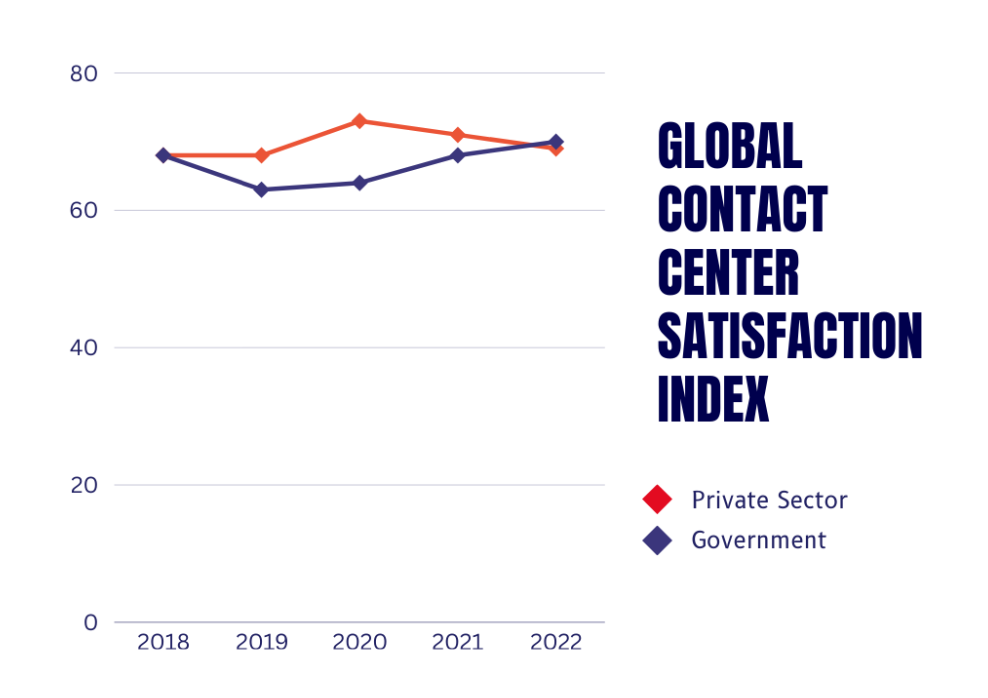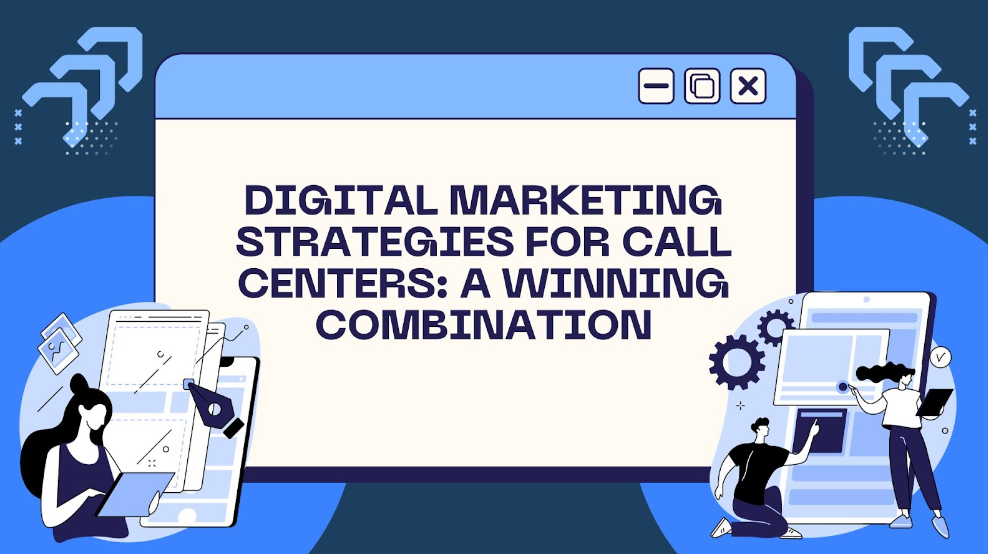The global call center industry has been rapidly evolving with the integration of advanced digital technologies and marketing strategies. With call centers shifting from traditional customer service models to strategic customer experience hubs, leveraging data, AI, and automation, digital marketing plays a pivotal role in driving engagement, loyalty, and operational excellence.
This article explores the digital transformations within call centers and examines how marketing innovations can optimize performance in these customer-centric environments.
The evolution of call centers in the digital age
The most striking aspect is the evolution occurring within these centers. New technologies are bridging the gaps between customer service and agents. This section delves into how traditional call centers are transforming to meet the demands of the digital age.
Call centers today are shifting from conventional service delivery models to integrated customer experience hubs focused on engagement and satisfaction. With the rising integration of advanced analytics, AI-driven automation, and digital tools, they can provide personalized and efficient experiences at scale.
Leveraging data and analytics for enhanced customer experiences
This evolution isn’t purely theoretical. The integration of digital tools like Microsoft Teams leads to cost reductions of up to 50 percent compared to traditional models. This marks a tangible shift in operational strategies. But what exactly is the impact of these digital innovations on operational costs?
Cutting-edge analytics now allow call centers to understand customer needs, improve processes, and enhance satisfaction in real time. Analyzing customer interactions enables centers to identify pain points and optimize workflows more effectively. Top companies also utilize analytics to benchmark performance, segment customers, and predict future needs. These data-driven insights bolster operational efficiency and customer experiences simultaneously.
Reducing operational costs through digital innovations
The cost savings from digital tools are impressive, but it’s the role of AI and automation that’s truly revolutionizing call centers. Considering the potential cost reductions of up to 50 percent, this section explores how AI is enhancing efficiency in these evolving environments.
AI-driven call centers can significantly reduce costs, with estimates suggesting reductions of up to 30 percent to 50 percent compared to traditional call center models. By automating repetitive processes, AI lowers average handle time. This also allows agents to focus on complex issues, thereby boosting productivity. Additionally, chatbots and interactive voice response systems optimize operations by effectively managing common customer queries.
Enhancing customer engagement with personalized services

Source: Statista
AI and automation are not just current trends but are shaping the future of call centers. This revolution in technology is not an endpoint but a pathway to even more advanced operational models.
With access to customer data, hyper-personalized services can be tailored to individual needs and preferences. Centers can create customized service pathways by analyzing past interactions and shopping habits. Providing the right solutions quickly enhances engagement and satisfaction. Brands like Amazon use data-driven insights to tailor recommendations, driving outcomes.
Digital marketing techniques for call center optimization
To maximize operational efficiency and engagement, call centers are now integrating digital marketing strategies like:
- SEO: Optimizing contact center pages for organic search visibility.
- Content marketing: Creating blogs, guides, and videos to attract and assist customers.
- Social media: Managing social media channels to support customers and promote brand value.
- Email marketing: Sending personalized emails and newsletters to engage customers.
These techniques effectively route traffic to the optimal channels, thereby reducing calls while nurturing leads digitally. Omnichannel personalization also enhances loyalty and referrals.
Advanced analytics: Predicting and shaping customer behavior
Customer analytics enable call centers to anticipate needs and continuously optimize pathways. Predictive analytics plays a key role in identifying potential challenges and proactively mitigating them. Prescriptive analytics then suggests appropriate solutions, shaping positive outcomes.
For instance, brands such as Netflix utilize advanced analytics to predict customer behavior, curate recommendations, and deliver exceptional service experiences. Operational excellence can be achieved by leveraging data similarly.
The future of call centers: AI and machine learning integration
In conclusion, transitioning from traditional call centers to AI-enhanced, digitally-driven hubs represents a necessary evolution, not merely a trend. As explored, this transformation is crucial to stay competitive in a rapidly growing market.
Looking ahead, the integration of AI, machine learning, and marketing innovations will define the future of call center optimization and customer engagement. The adoption of robotic process automation, speech analytics, and other emerging technologies is expected to accelerate in the coming years, enabling call centers to maximize productivity while providing remarkably human-centric experiences.
To learn more, let’s dive into some success stories and lessons learned from those pioneering this digital transformation.
By examining leading examples of call centers leveraging digital marketing, actionable insights for implementation can be extracted. Let’s now explore some common questions on integrating marketing innovations within call center operations.
Frequently Asked Questions (FAQs)
How do digital marketing strategies specifically benefit call centers?
Digital marketing provides call centers with several advantages:
- Increased visibility and discovery through SEO, social media, and content marketing
- Lower call volumes via self-service resources and online support options
- Enhanced efficiency through the promotion of help centers and chatbots
- Improved personalization with integrated CRM and marketing automation
- Higher customer lifetime value through sustained omnichannel engagement
What are the challenges in integrating analytics into call center operations?
Some key challenges with analytics integration include:
- Selecting the right KPIs and metrics to track
- Cleaning and preparing data for analysis
- Choosing appropriate analytics tools and platforms
- Building in-house expertise in using analytics insights
- Achieving management buy-in for data-driven changes
Can small-scale call centers also leverage digital marketing effectively?
Indeed, digital marketing benefits every size through strategies, such as:
- Low-cost options, such as SEO, social media, and email marketing
- User-friendly analytics tools and CRM integrations
- Scalable cloud-based solutions requiring minimal infrastructure
- Gradual implementation focused on high-impact changes
- Partnerships with digital marketing agencies to augment capabilities
With the right approach, even small call centers can drive value through targeted digital innovations.
In conclusion
The emergence of digital marketing is revolutionizing call center performance. Integrating analytics, AI, automation, and marketing techniques can enhance efficiency, personalization, and customer experiences at scale. Although adopting these innovations presents challenges, the results can be transformational.
Embracing this digital transformation offers a competitive edge and the ability to deliver outstanding customer value. The future is bright for those willing to evolve through smart marketing and technology integration.

